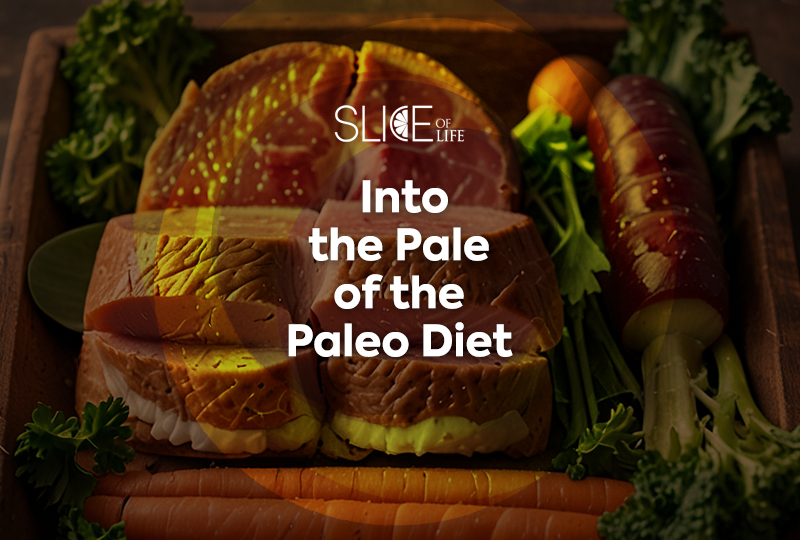Everyone wants to look and feel their best, but with the swirling contradictions and misinformation floating around the Information Superhighway, no one knows which way is up. What will work in the real world to promote health and weight loss that lasts? Going Paleo is one such buzzword dietary regimen that raises an eyebrow regarding its validity and safety, so let’s breakdown what it is to start with.
The Paleo Plan
(Adapted from the Mayo Clinic’s article, “Paleo diet: What is it and why is it so popular?”)
Paleo, short for Paleolithic, is designed to mimic the eating plan of early humans in the Paleolithic era, roughly 2,500 to 10,000 years ago. It might also be called the Stone Age Diet or Caveman diet. The idea is that overly processed foods are best avoided because the human body may not have learned to adapt to certain processed foods like grains and dairy.
If this evolutionary failure to adapt is to be believed, it has contributed to diseases such as obesity, heart disease and diabetes.
The modern paleo diet focuses on vegetables, fruits, lean meats, fish, eggs, seeds and nuts, things that could have been consumed in Paleolithic times. In more recent terms, it would be things that you could conceivably find on a farm without much or any additional processing. A person might turn to a paleo diet to lose weight or maintain a healthy weight. Reducing risk of heart disease or related risk factors is also a potential motivator.
Food that can be added to a Paleo plate include:
- Fruits
- Vegetables
- Nuts and seeds
- Eggs
- Lean Meats, preferably grass-fed or wild game
- Fish, with a preference for those with high omega-3s, such as salmon, mackerel and albacore tuna
- Fruit and nut oils, like olive or walnut
Foods excluded from Paleo are:
- Grains like wheat, oats and barley
- Legumes, including beans, peanuts and lentils
- Dairy products like milk and cheese
- Added salt or sugar
- Refined sugar
- Starchy vegetables, like corn, peas and white potatoes
- Highly processed food products, like chips or cookies
There appears to be some recommending effects from a paleo diet, at least in the short term. However, research on its effects in the long and short term are limited at best, and not much exists in comparative research to diets more inclusive to all food groups. Existing paleo diet studies have mostly followed small groups of people and only lasted from a few weeks to a few months. The definitions and dietary requirements also varied from study to study, so clinical consistency is not met in order to allow people to have a true idea of what to expect, especially in a longer time frame.
The small, short-term studies available point to positive trajectory in weight loss, blood pressure and cholesterol. A large self-reported study was conducted with young adults in Spain, showing paleo had a link to lower heart disease or cardiovascular risks. This lowered risk was most likely from avoidance of highly processed foods and instead opting for lots of fruits and vegetables. However, longer trials with larger groups of people on different diets are what is needed to get a full view of the ramifications of a paleo diet lifestyle.
Simplicity and cutting out excessively processed food are all well and good, but the full sweep nature of all that paleo seeks to cut out raises nutritional concerns and questions. Detractors of the movement are most concerned about the lack of whole grains, legumes and certain healthy dairy sources. These major sections of the food pyramid provide excellent proteins, fiber, vitamins and minerals. These foods are also often more affordable than the alternative sources suggested by Paleo
Paleo is prohibitively expensive for some. Wild game and grass-fed meat are not as readily available and come with a hefty increase in the grocery bill. A mediterranean diet is similar and does not have the possible risks of Paleo. In general, it is best to consult thoroughly with a dietitian and a primary care professional before making drastic dietary changes.
For more about Nutrition as a rewarding career path, take a look at Life University’s B.S. in Nutrition degree program.


Social Media